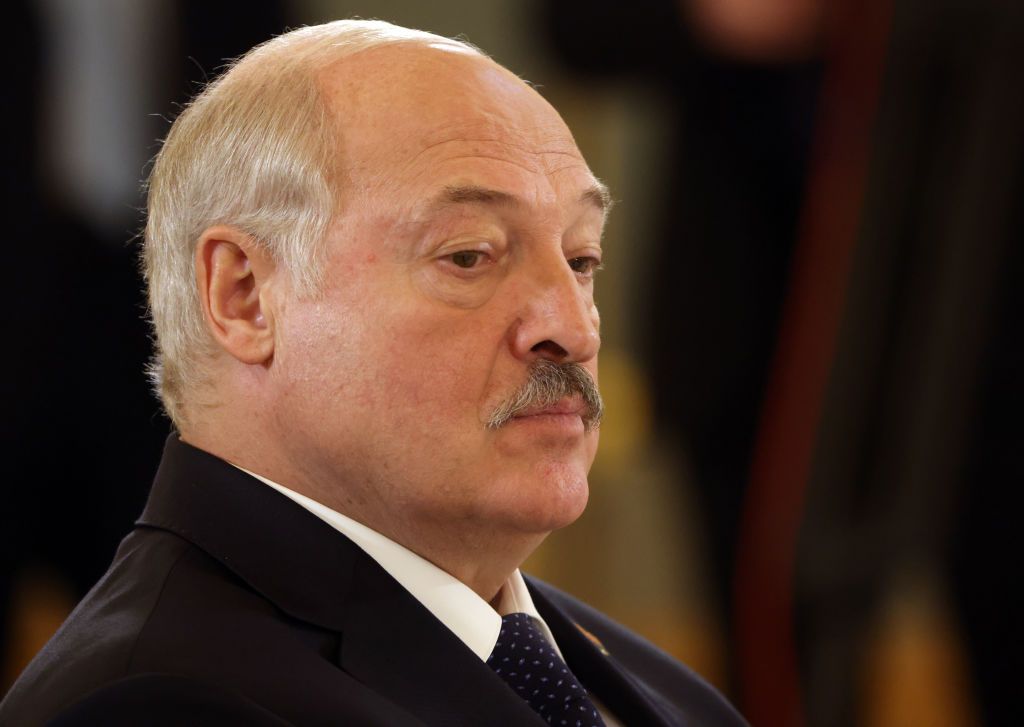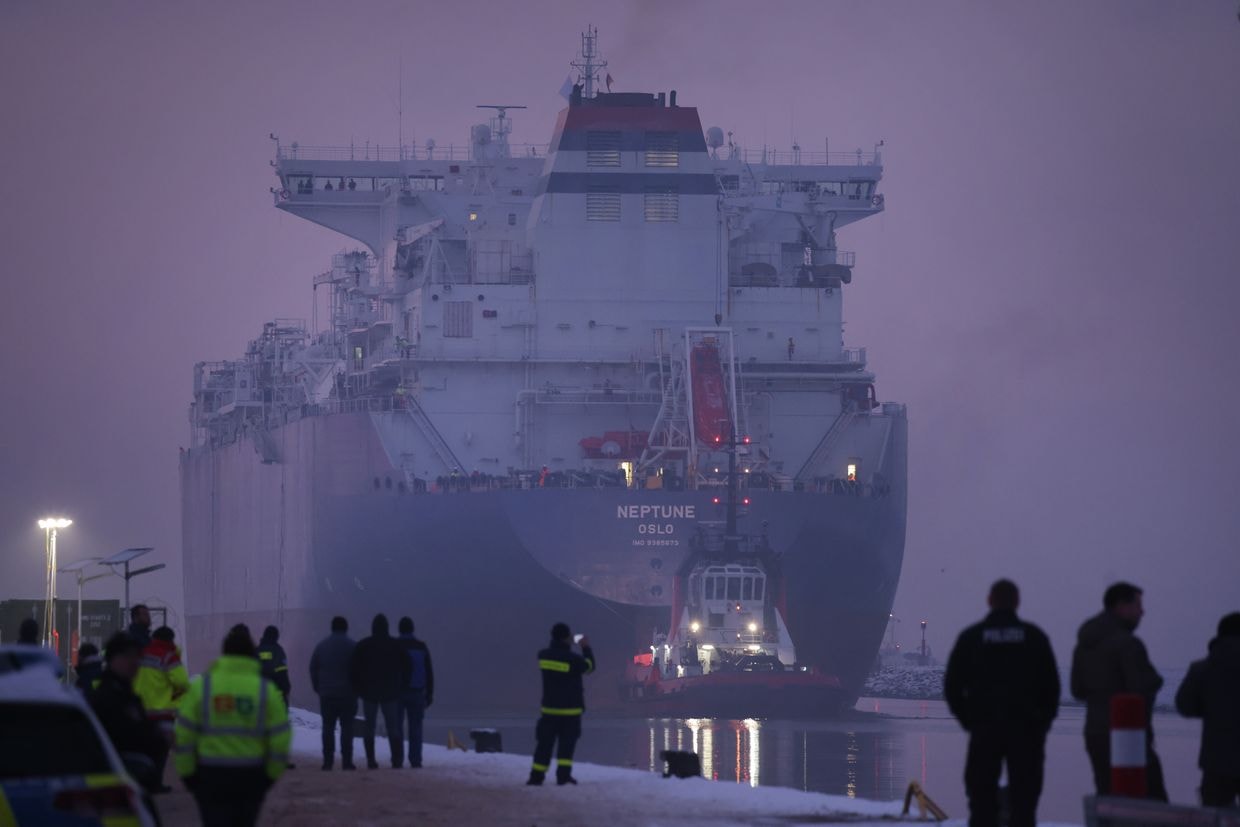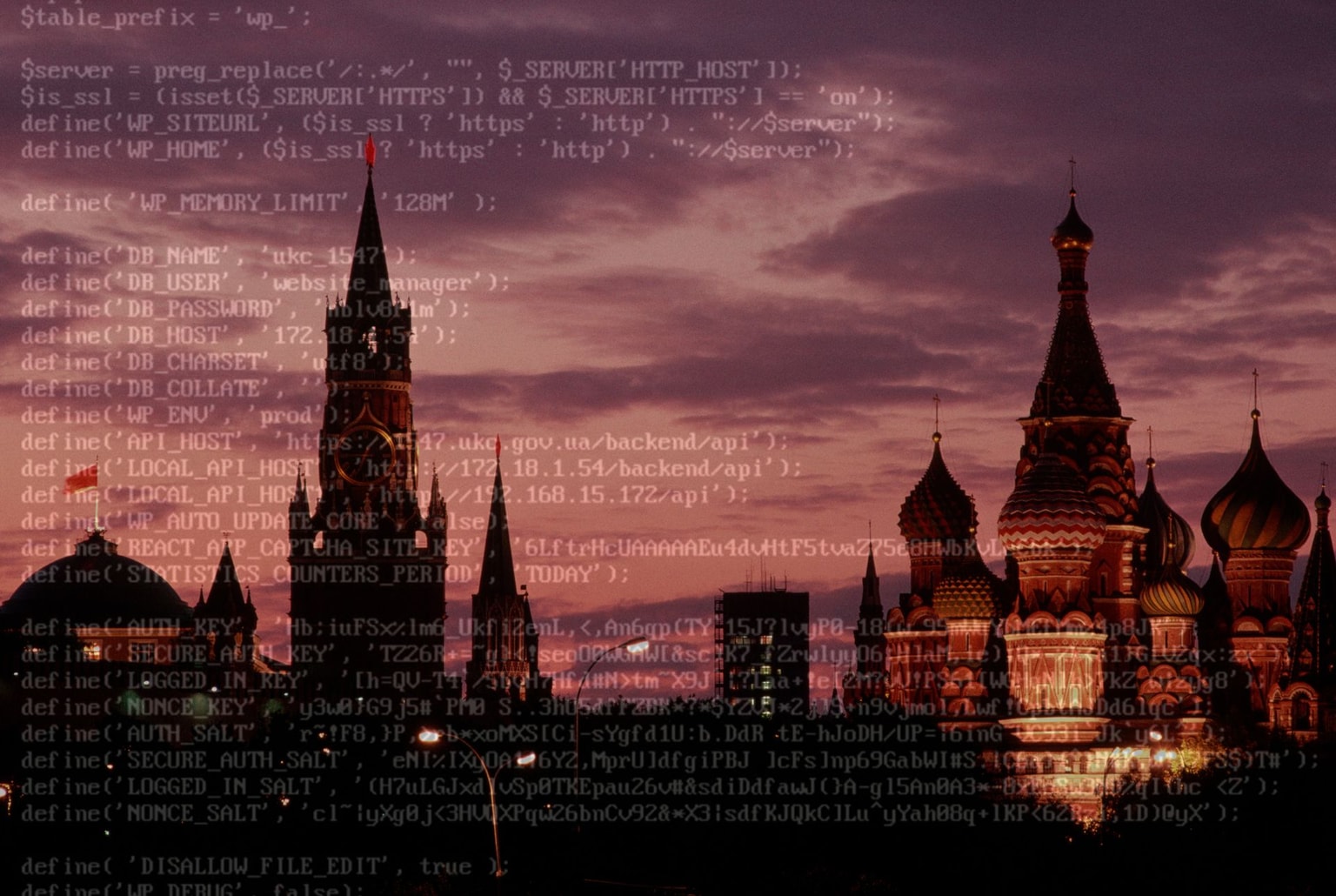The status of the deal between Russian dictator Vladimir Putin and Wagner Group leader Yevgeny Prigozhin is unclear, the Institute for the Study of War (ISW) said in its July 8 assessment.
According to the ISW, Putin continues to allow Wagner and Prigozhin to operate in Russia. Nearly 25,000 Wagner fighters who led and participated in the armed rebellion apparently have full freedom of movement within Russia.
The ISW estimated that Putin has allowed Wagner mercenaries these freedoms either because of "remarkable confidence in their renewed loyalty, desperation to lure as many as possible to his side, or an inability to take action against them."
Despite the full ramifications of the Wagner rebellion remaining unclear, Ukraine has already benefitted from the insurrection and will likely benefit even further, the ISW added.
"Putin’s handling of the Wagner Group will likely keep them from fighting in Ukraine for the duration of the current Ukrainian counteroffensive and may permanently degrade Russia’s overall capability to wage war in Ukraine," especially in regard to Russian positions in and around Bakhmut, the ISW wrote.
The assessment also alleged that Russian military leadership is considering replacing Defense Minister Sergei Shoigu as a consequence of the rebellion, indicating that the effects of the rebellion are still being felt at every level of Russian leadership.
The Wagner Group has been rotating its forces in the Middle East and Africa, which the ISW speculates may be in preparation of moving all Wagner operations to three new bases located in Belarus in August 2023.
Belarusian dictator Aleksander Lukashenko said on July 6 that Prigozhin had returned to Russia, but added that his previous offer to Wagner mercenaries to move to Belarus still stands.












